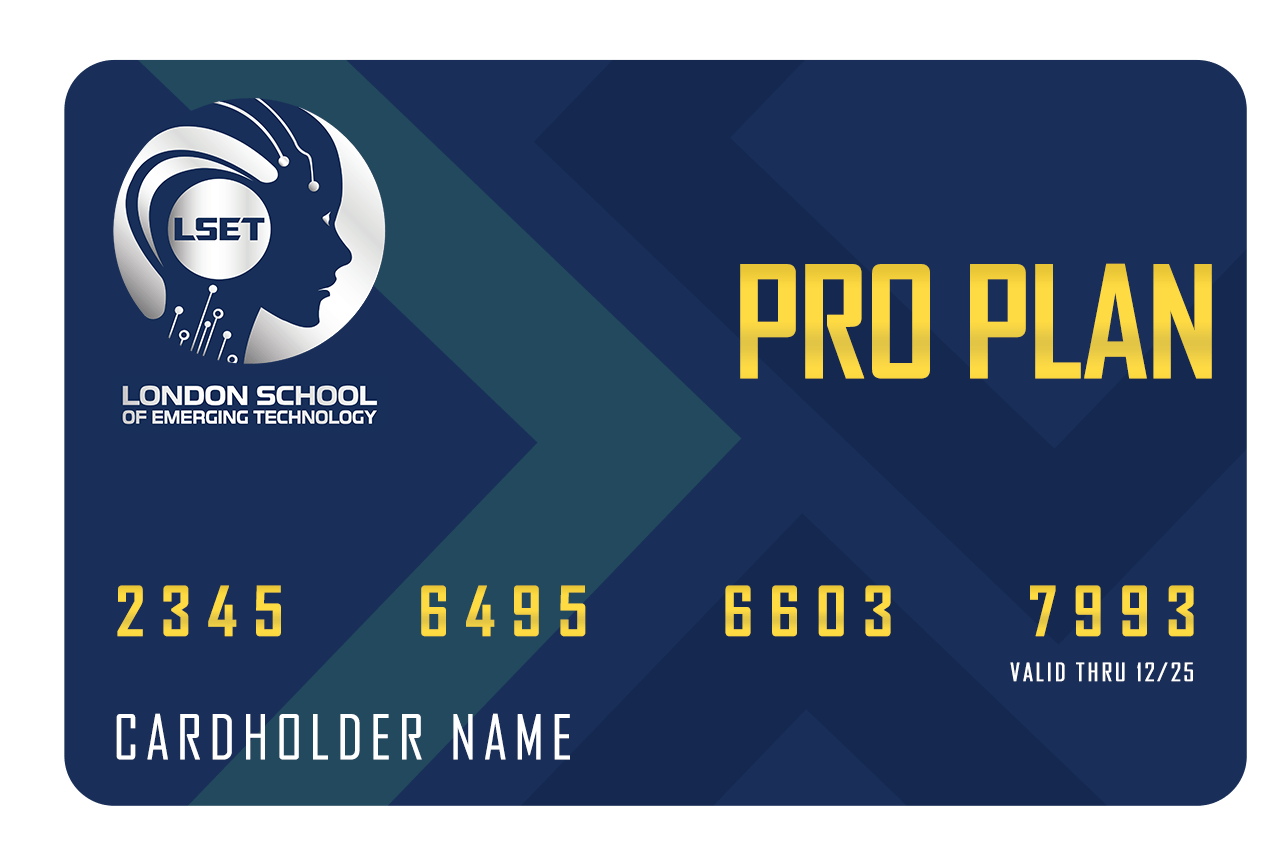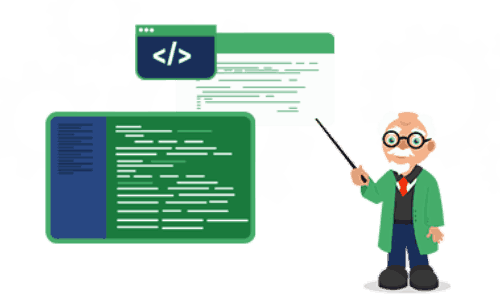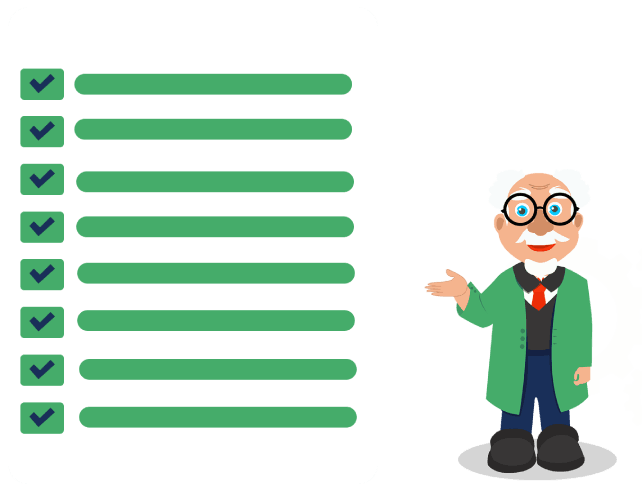Java is one of the oldest and among the most popular programming languages in the software industry. Java is supported by millions of programmers around the world and constantly getting updated with latest features. This makes Java relevant to the modern development despite being invented 2 decades ago. Java has a strong foothold in the enterprise software market. Many fortune 500 companies and top banks including investment banks prefer Java as their backend development language. Java also made its place in the cloud development and becoming a preferred language for serverless.
This course starts with introduction of algorithm, concept of time and space complexity, Big O notation, etc. You will learn and develop pseudocodes and flowcharts to find solutions to problems. You will then move on to learn Object-Oriented Principals (OOP) like Abstraction, Polymorphism, Inheritance, and Encapsulation. You will get an opportunity to grasp these concepts through hands-on examples. Then you will get introduced to Classes and Objects which are the two most important concepts in OOP. You will work on practical examples and learn these by relating to real life scenarios. You will learn how to restrict access to variables and methods by using the concept of access modifiers like public, private, protected, and default. In addition, you will learn about non-access modifiers like final, static, etc. After this, you will get an opportunity to understand the concept of conditional statements like if else, switch, etc. and loops. Along with this, you will learn about exception handling, String operations, Generics, and Collections. Java 8 added some cool features like functional programming and lambda expressions. You will learn these concepts with hands-on examples. You will get introduced to Java 14 features like Switch expressions, text blocks, Pattern Matching for instance of, Records, etc. In addition, you will get introduced to Java 17 features like if…else chain, Pattern matching with null, refining patterns in switch, sealed classes, etc. Towards the end of the course, you will learn multi-threading, file handling, and database concepts.




 Premium Career-Ready Track
Premium Career-Ready Track













